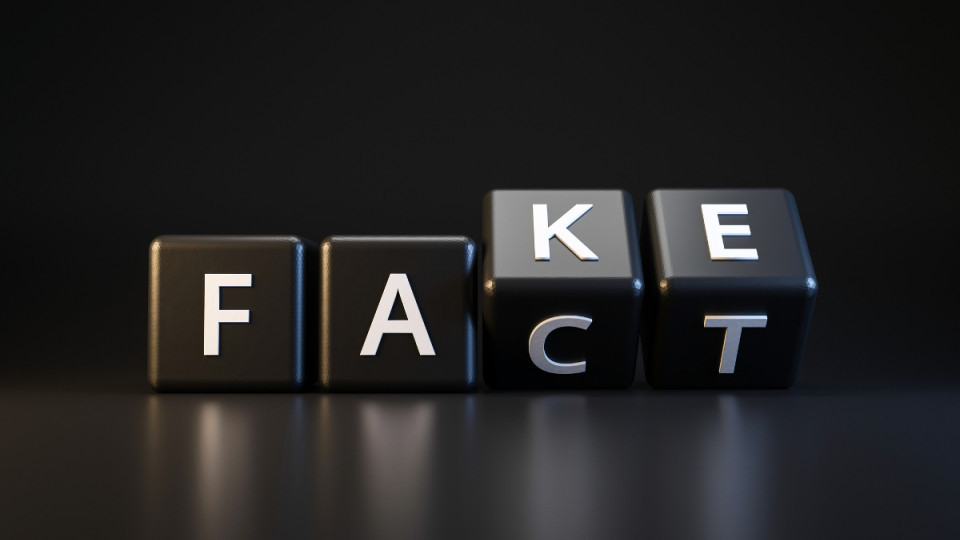
The Supreme Court in case No. 927/791/18 noted that the characteristics of an evaluative judgment are the absence of references to factual circumstances in its composition and the lack of an opportunity to verify such a judgment for its compliance with reality.
However, was the journalist's phrase in his material recognized as an evaluative judgment by the court?
It all started with the fact that in October 2018 "Road Construction Management No. 14" LLC appealed to the court of first instance with a lawsuit against "Cheline Media Group" LLC, in which it asked to declare the information unreliable and harmful to the Company's business reputation , which was shared on the network.
It was also requested to oblige the media no later than the next day after the court decision becomes legal, to refute the false information by publishing on the main page of the official website a notice of the court decision in the case.
In particular, it was about an article where it is stated that the plaintiff is a de facto monopolist in asphalt work.
The court of first instance satisfied the claims in part. In particular, the above statement was found to be unreliable and damaging to business reputation.
Therefore, the court charged more than UAH 10,000 in court fees, UAH 18,000 for the costs of conducting a forensic linguistic examination, and UAH 26,000 for attorney's fees from the media. And also obliged to refute the information on the main page of the site.
In the cassation appeal, the media asked to cancel the decision of the court of first instance and the court of appeal and to make a new decision, which would refuse to satisfy the claims in full.
The Supreme Court noted that the characteristics of an evaluative judgment are the absence in its composition of references to factual circumstances and the absence of an opportunity to verify such a judgment for its compliance with reality.
"A factual statement is a logical construction and presentation of a certain fact or group of facts. A fact is a phenomenon of objective reality, concrete life circumstances that took place in a certain place and time under certain conditions. Considering the fact that the fact in itself is an objective category, independent of the opinions and views of outsiders, its conformity to reality can be verified and established by the court," the case documents state.
As can be seen, the courts of previous instances were guided by the Great Explanatory Dictionary of the Modern Ukrainian Language when defining the term "monopolist".
The Supreme Court noted that the use of explanatory dictionaries by the courts in resolving defamation disputes is a normal, substantiated practice of resolving these disputes.
At the same time, the courts of previous instances, having analyzed the content of the disputed publication, established that the disputed information concerns the plaintiff precisely as a business entity. The cassation appeal does not contain evidence to refute this conclusion of the courts.
Also, the defendant, in accordance with the rules of evidence in defamation disputes, did not provide evidence to confirm that the plaintiff was recognized by the appropriate authority as a monopolist in the relevant market, given that the correct conclusion was reached that the disputed information about the plaintiff, which was spread by the defendant, is unreliable.
The case file states that the complainant's arguments that the disputed information in the publication is used figuratively and is an evaluative judgment are groundless. After all, the courts, based on the conclusion of the forensic linguistic examination conducted in the case, established that the disputed information is presented in the form of a statement and is not an evaluative judgment.
In view of the above, the Supreme Court believes that the courts of previous instances reached the correct conclusion. The disputed information is unreliable, forms a negative assessment of the reader regarding the business activities of the plaintiff, degrades his business reputation, gives a false impression of the activities of the plaintiff as a business entity, since the latter is not a monopolist and does not create barriers for market access of other entities .
The Supreme Court left the cassation appeal unsatisfied.




